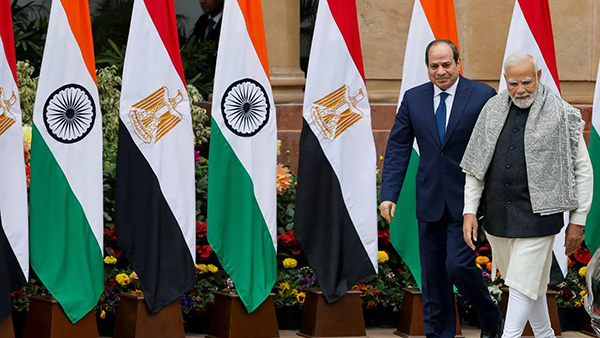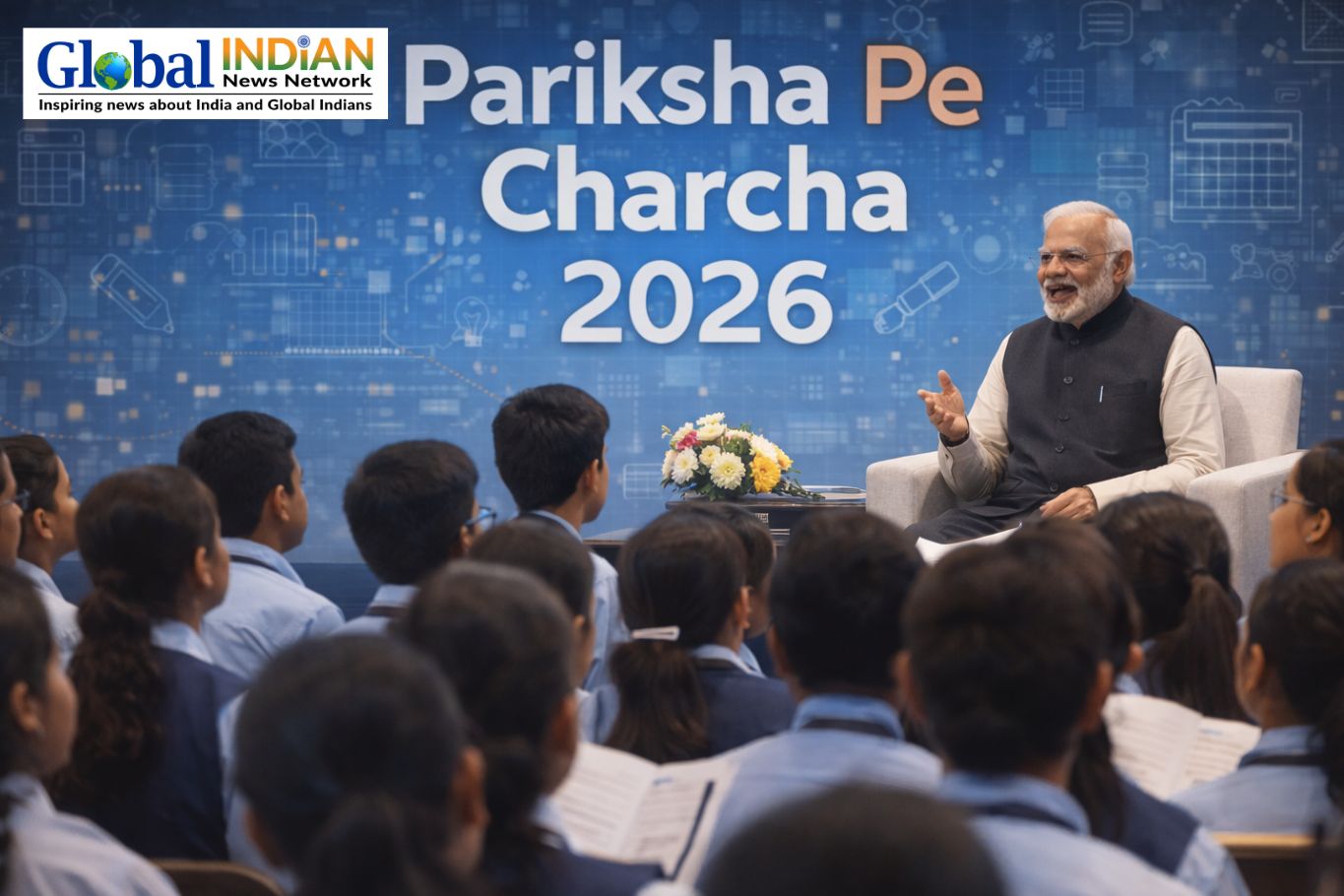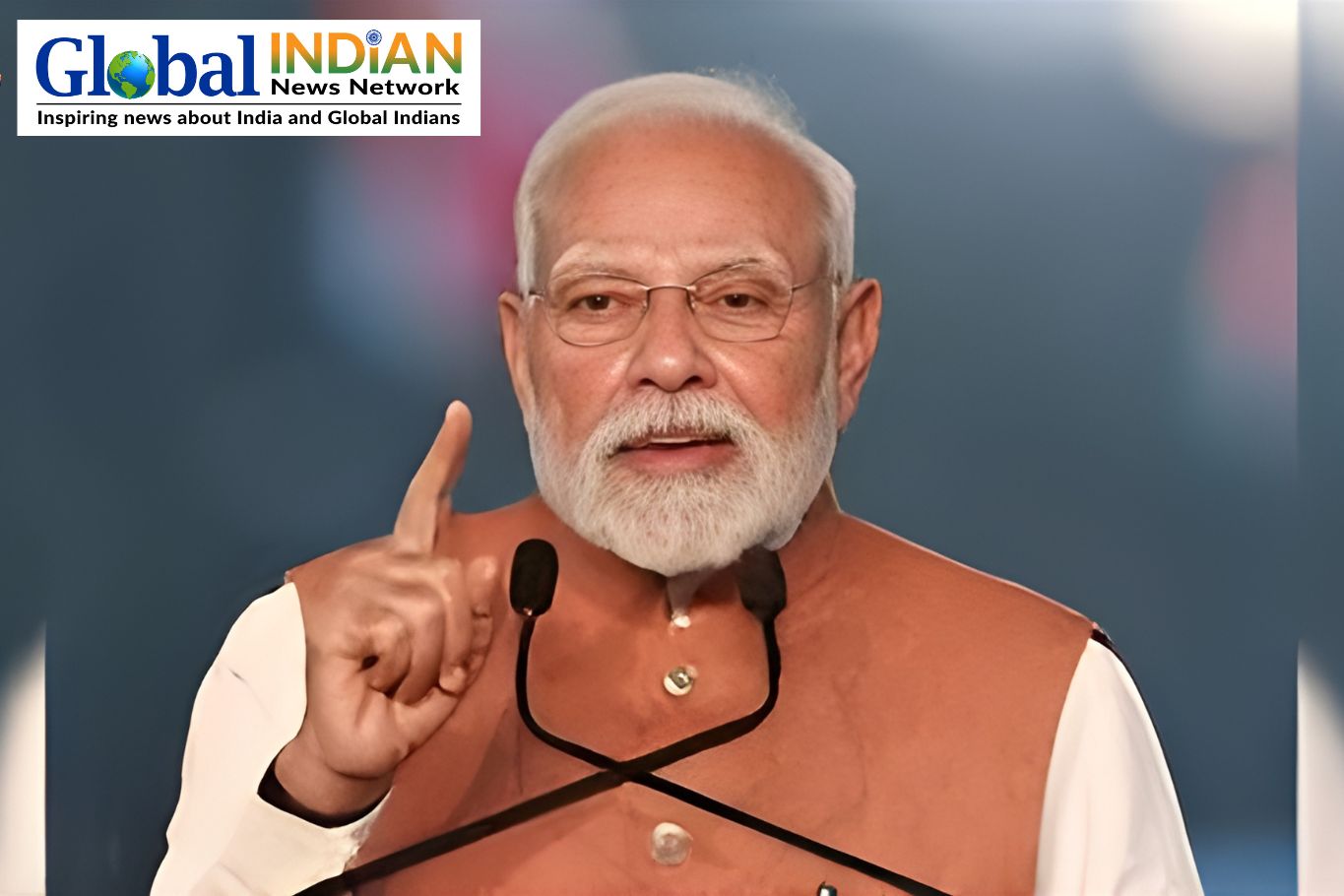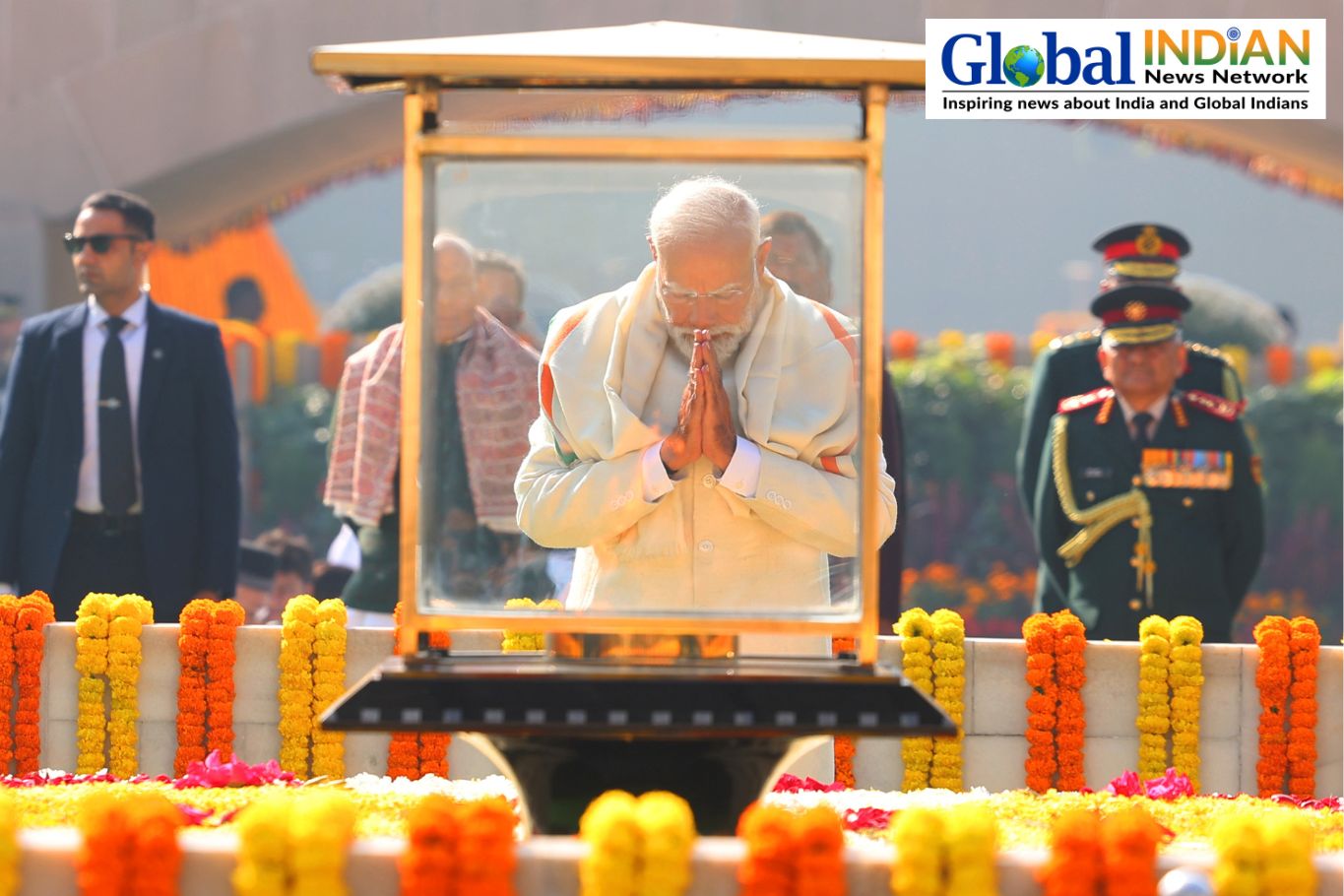 In the near future, Prime Minister Narendra Modi is expected to embark on a highly anticipated visit to Egypt, a significant powerhouse in the region and one of India’s largest trading partners in Africa. This visit is likely to take place later this month as PM Modi returns from his trip to Washington. The United States President, Joe Biden, along with First Lady Jill Biden, is set to host PM Modi for an Official State Visit, including a grand state dinner, scheduled for June 22.
In the near future, Prime Minister Narendra Modi is expected to embark on a highly anticipated visit to Egypt, a significant powerhouse in the region and one of India’s largest trading partners in Africa. This visit is likely to take place later this month as PM Modi returns from his trip to Washington. The United States President, Joe Biden, along with First Lady Jill Biden, is set to host PM Modi for an Official State Visit, including a grand state dinner, scheduled for June 22.
PM Modi’s visit to Egypt holds great significance as it aims to revitalize the longstanding partnership between these two ancient civilizations. Since assuming office in 2014, Prime Minister Modi has yet to visit Egypt, making this visit an important milestone in strengthening the bilateral relations.
Previously, in March 2020, PM Modi’s planned visit to Egypt had to be postponed due to the outbreak of the Covid-19 pandemic. In contrast, Egypt’s President Abdel Fattah El-Sisi has visited India three times, including his participation in the 3rd India Africa Forum Summit in October 2015 and his presence as the Chief Guest during India’s 74th Republic Day celebrations earlier this year. These visits have elevated the relationship between the two countries to a strategic level, showcasing the warmth and amicability that exist between them, rooted in their shared cultural values, economic collaboration, and strong people-to-people ties.
Egypt has also been extended the invitation to serve as a ‘Guest Country’ during India’s current presidency of the G-20, further highlighting the close cooperation and mutual engagement on multilateral and international platforms.
The potential visit of Prime Minister Modi to Egypt holds great significance for India, as it considers Egypt as a vital pivot in its outreach to Africa and its broader Global South initiative. This initiative gained momentum with India’s vaccine diplomacy during the Covid-19 pandemic and was further reinforced by India’s hosting of the Global South Summit earlier this year. Additionally, as India assumes the presidency of the G-20, it has given voice to the concerns and priorities of developing nations, amplifying their presence on the global stage.
The bilateral aspect of India-Egypt relations is also substantial. During discussions held in January, both leaders emphasized the significant increase in joint exercises, training, and capacity building between their respective armies in recent years. They acknowledged the need for further strengthening cooperation between their defense industries, enhancing intelligence sharing, and collaborating on counter-terrorism efforts.
Prime Minister Modi expressed deep appreciation for President Sisi and his wise leadership, which has ensured security and stability in Egypt, particularly during the turbulent events of the Arab Spring.
Moreover, Egypt has shown a keen interest in procuring India’s advanced Tejas fighter aircraft for its air force. As part of the Atmanirbhar Bharat initiative, India has been actively developing cutting-edge technologies and systems in the defense sector, garnering attention from countries like Egypt.
Beyond defense, Indian companies have demonstrated interest in investing in Egypt, particularly in the field of green hydrogen production within the Suez Canal Economic Zone (SCZONE) in Ain Sokhna, situated northwest of the Red Sea.
The bilateral trade between India and Egypt reached an impressive record high of USD 7.26 billion in the financial year 2021-22, with a balanced trade flow. India’s exports to Egypt accounted for USD 3.74 billion, while imports from Egypt stood at USD 3.52 billion. Over 50 Indian companies have made substantial investments totaling around USD 3.15 billion across diverse sectors of the Egyptian economy, including chemicals, energy, textiles, garments, agribusiness, and retail.











